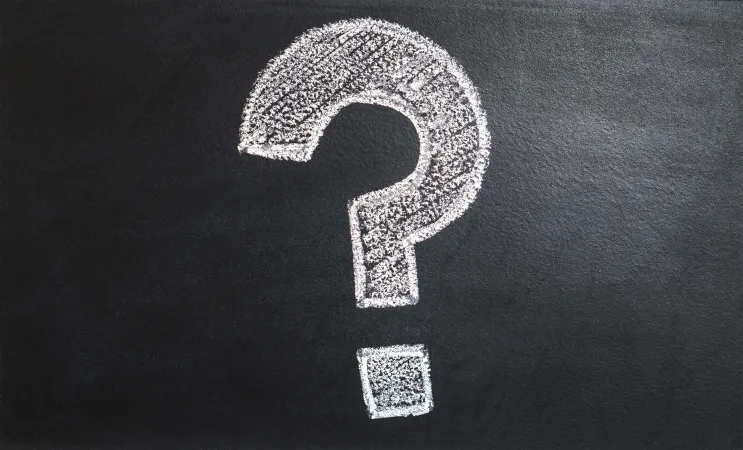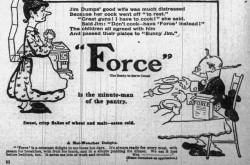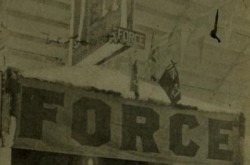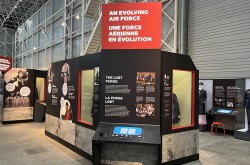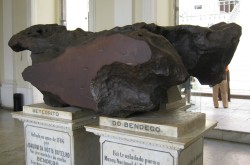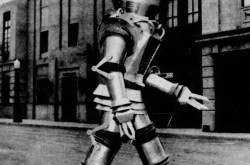A museum educator’s plea to visitors: Please ask questions!
I’ve been thinking that the Canada Aviation and Space Museum needs a new sign. Here’s the wording I propose:
Dear museum visitor: Thank you so much for having come to us! Your presence here truly legitimizes our existence. Please enjoy our artifacts, displays, and activities during your time here. We ask that you observe the rules set in place to protect our collection and please do one more thing... ask us questions!
In reality, the museum won’t be posting such a sign. But I do wish that visitors to Ingenium’s three museums – the Canada Agriculture and Food Museum, the Canada Aviation and Space Museum, the Canada Science and Technology Museum – knew just how vital it is for them to ask questions of our staff.
Now, I understand that sometimes it might be a tad off-putting to initiate conversation (we might be strangers, after all). To make this easier, we can break the ice. For example, a museum guide may ask you a simple question first. Please don’t be alarmed by this, however! You need to understand how much your simple response here helps us out!
You see, back when I was a guide, I once got a bad piece of advice from my boss; I was told not to ask you any questions. None at all. My former employer worried that I might belittle you, or make it seem that I was testing you (as if you were “back at school”). As much as these fears are legitimate, my boss did not truly understood the benefits of this practise.
I am not advocating that guides should ask tough, detail-oriented questions with fixed answers all of the time. This would be tiresome, and might understandably make anyone feel that they have to prove themselves. Instead, you need to understand how much we all may benefit from knowing what is blocking your understanding.
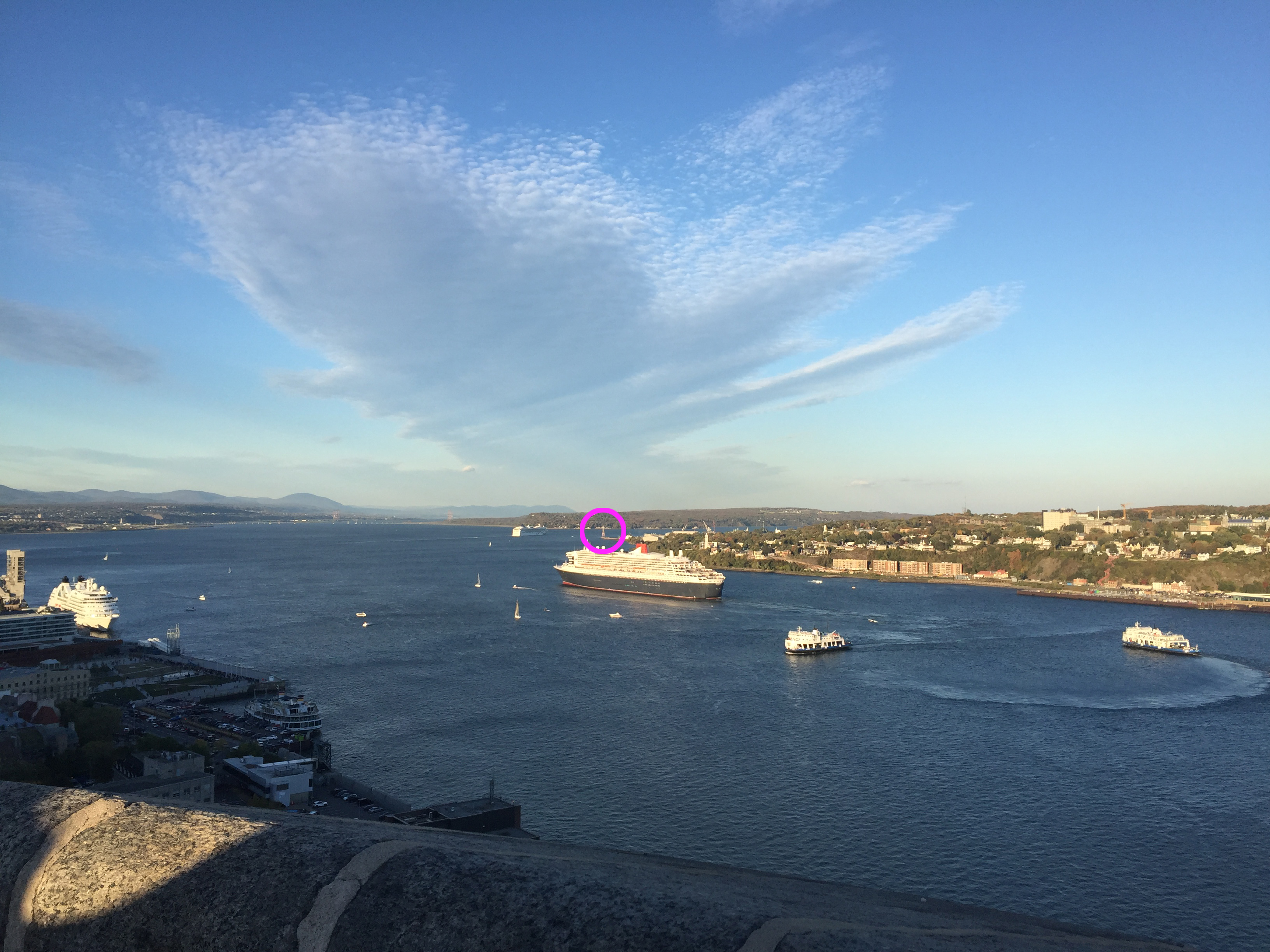
The stunning view from the King's Bastion at the Québec Citadel (the circled point highlights the approximate range of the Armstrong cannon, "Rachel").
Let me give you an example of how something you say can alter not just your own experience, but clarify the understanding of many others. When I worked at the Citadelle-de-Québec, I always took visitors to the King’s Bastion. The view is stunningly beautiful. I often would proceed to explain the specifications of “Rachel,” the Armstrong cannon. A visitor once asked me a question when I described its range, which is approximately three kilometres. They wanted to know how far that distance was from where we stood. At the time, I honestly told them I did not know (it was difficult to calculate that high up!). I followed up on this later, however, and found that a far point on the other shore of the river is approximately three kilometres away.
I thank goodness for this visitor. I have no memory of their name, their background, or even what they looked like! But I remember their question. I valued the question itself, however, I truly appreciated (and continue to appreciate) the fact that they had simply asked that question. You see, for the next few hundred visits that I gave of the site, I would always make sure to highlight that same point when describing Rachel’s characteristics. From then on, I would see confusion turn to successful understanding in people’s faces when I highlighted that point. This simple question ultimately made my tour better for lots of other visitors.
Your question truly benefits both yourself and the institution! You get your answer immediately, tailor-made and specific (As much as TV, movies, and documentaries are great… they cannot offer you that!). Meanwhile the institution benefits: it improves its offer/product because it takes note of your happiness.
In a world filled with media hoping to inspire this exact quality, perhaps this is not an extraordinary point. However, what is extraordinary is the fact that you are the prime mover in this example. Nothing would have happened if that visitor had not posed the question. (The power that gives you should be significant!)
Unfortunately, I have personal experience of what happens when museum visitors don’t ask questions (as most guides do). The driest tours I ever gave were when my audience was passive and silent. They treated me like a TV and there was no advancement for anyone.
If that is the worst, however, conversely the best visitors I ever had were the ones who wanted to share something with me. These were the richest stories… and became the ones that we would share in later tours (thereby improving my tour again adding further elements and alterations). So, in the end, dear museum visitor, please do not be intimidated by an interpreter’s uniform (or costume…see my article, “Bringing museums to life through performative storytelling”), but ask them questions so you can make the heritage experience more enjoyable for everyone!



